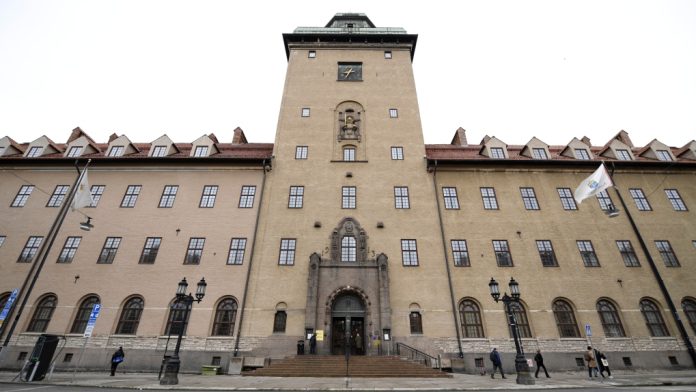A Swedish judge acquitted a former Syrian army general of committing war crimes against civilians in his home country more than a decade ago, according to AP News.
He stated that prosecutors were unable to provide evidence of his involvement in war crimes. Brigadier General Mohammed Hamo, who now lives in Sweden, was charged in February with aiding and abetting crimes against international law. However, prosecutors claimed that as head of the Syrian army’s 11th Division Artillery Directorate, he was responsible for supplying weapons used to commit war crimes in 2012.
The prosecutor argued that Hamo was involved in the unit’s indiscriminate attacks on military and civilian targets in the Syrian towns of Homs and Hama. However, Judge Katarina Fabian said prosecutors had not presented sufficient evidence to convict Hamo.
None of the footage featuring shelling and fighting between the Syrian army and armed groups directly implicated the 65-year-old Hamo.
The Syrian general was deployed to northern Syria in June 2012, and the following month he decided to leave the army and fled to Turkey. There he joined a group that fought against the Syrian government. In 2015, he travelled to Sweden, where he sought asylum.
Insufficient evidence
He was living in central Sweden when he was arrested on 7 December 2021. The court released him two days later, stating that there was insufficient evidence to keep him in custody. He has been free ever since.
Chief prosecutor Karolina Wieslander stated that it had not yet been decided whether to appeal the decision. She said it was “a tough case to investigate,” as the country was still at war, which made it “difficult to gather evidence.”
The news of the acquittal disappointed the victims and thousands of others affected by the attacks, Aida Samani of Civil Rights Defenders reported. She added that this was the first time the court had recognised attacks committed during the specified period as war crimes.
Hamo insisted on his innocence throughout his trial at the Stockholm District Court, which ran from 15 April to 21 May.
